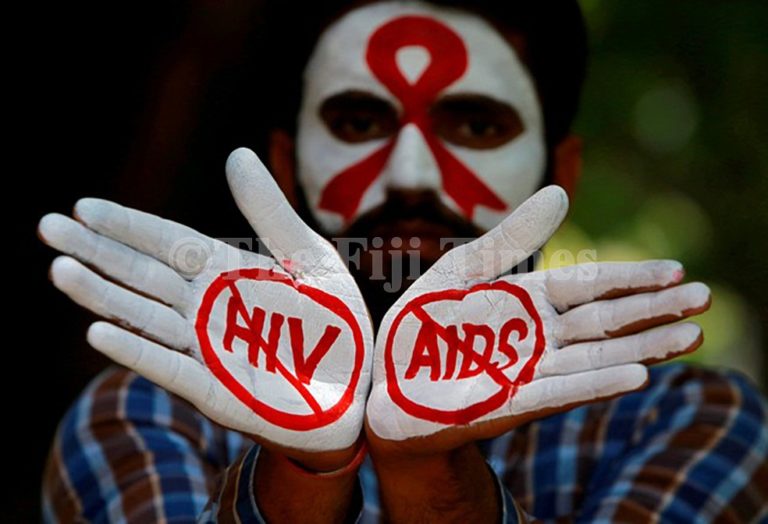
NEW HIV infections in Fiji increased by 241 per cent between 2010 and 2023, the second highest in the Asia-Pacific region. These statistics, released by UNAIDS just days before World AIDS Day which is commemorated today, accompanied another sobering detail — that there were 17 AIDS-related deaths every hour and a new HIV infection every two minutes in the Asia-Pacific region. UNAIDS also revealed that new infections increased in Bangladesh (20 per cent), Lao PDR (23 per cent), Papua New Guinea (104 per cent), Afghanistan (175 per cent), Fiji (241 per cent) and the Philippines (543 per cent).
“Four of the six countries worldwide where infections have surged by more than 100 per cent since 2010 are in this region,” an update from UNAIDS stated. The organisation also stated that legal barriers to the HIV response continued to exist across the Asia-Pacific region. “Twenty countries criminalise HIV transmission, exposure, or non-disclosure while 14 restrict the entry, stay or residence of people living with HIV.

“All but one country, New Zealand, criminalise some aspect of sex work. Seventeen criminalise same-sex relations and 28 criminalise drug possession.” UNAIDS Asia Pacific and Eastern Europe Central Asia regional director, Eamonn Murphy also called on governments in the region to uphold the human rights of marginalised communities instead of punishing them.
“The HIV response is at a crossroads,” he said. “What governments do now will set the trajectory for whether we end AIDS as a public health threat and achieve a sustainable AIDS response, or whether we fail to achieve this and pay a much higher price in terms of human life and financial costs in the future.” UNAIDS said its Asia-Pacific partners were working to increase public and policymaker knowledge about science, to prove that people living with HIV — who had undetectable viral loads — were not able to transmit the virus through sex.
“The principle is known as U=U or undetectable equals untransmittable. When people take their HIV treatment as prescribed, they can lower the virus in their blood to a level that cannot be detected. “Last year, the World Health Organization confirmed that people with an undetectable HIV viral load have “zero risk” of infecting a sexual partner.
” Meanwhile, UNAIDS has released a new report ‘Take the rights path to end AIDS’ ahead of World AIDS Day that has highlighted gaps in accessing HIV services and human rights violations. UNAIDS executive director, Winnie Byanyima also said that despite huge progress made in the HIV response, human rights violations still prevented the world from ending AIDS..











